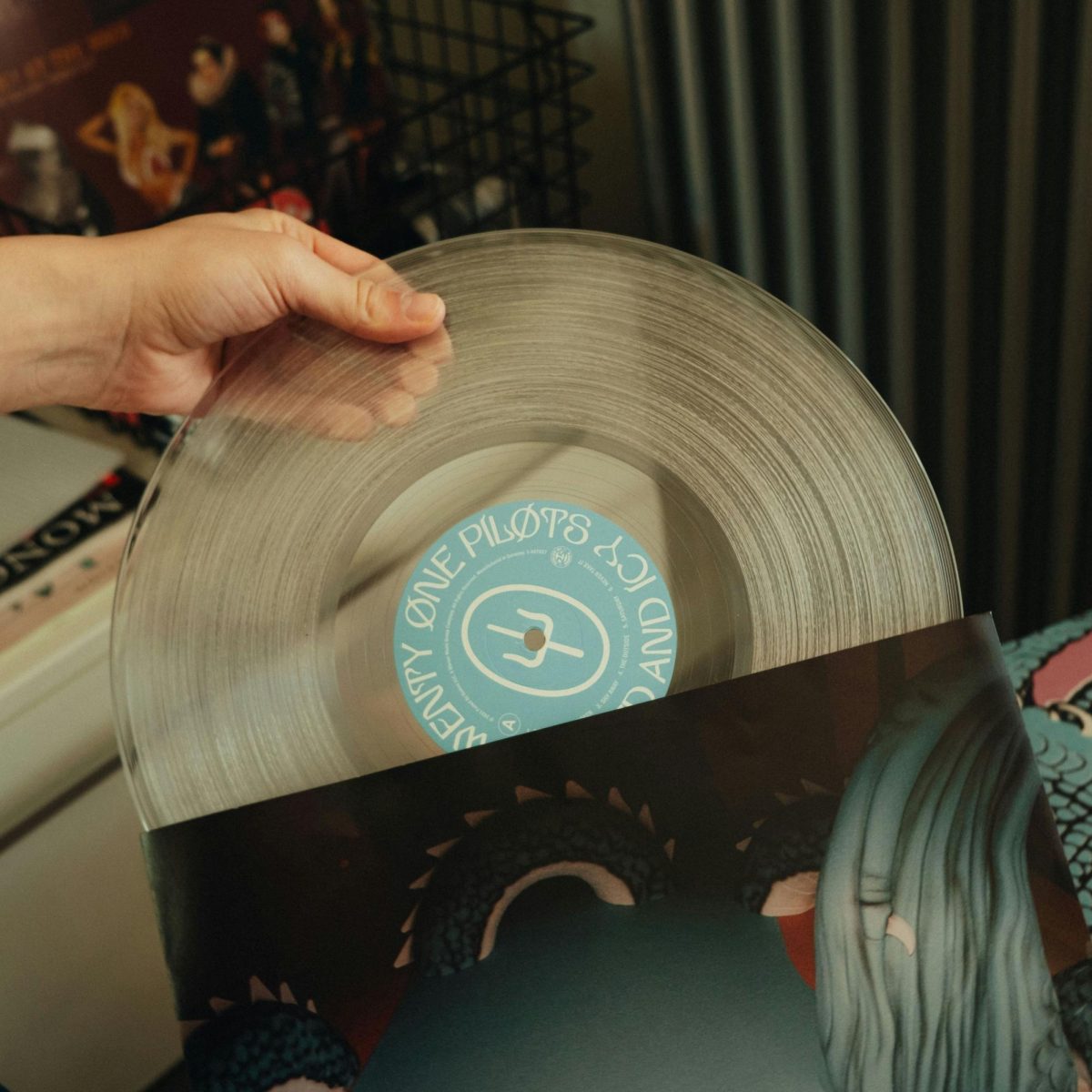Squid Game is a Korean Netflix original show that came out in 2021 with its second season premiering late last year. The basic premise of the show is a commentary on greed and what people will do out of desperation. The games capitalized mostly on debtors and the homeless, giving them a final chance to pull themselves out of a hole they’ve dug for themselves. Players would be brought to an island and would be forced to play Korean children’s games often with lethal consequences for those who lose. Each death would add money to a grand prize of 46.5 million won or 31.42 million USD. All players had a chance to escape with a majority vote. Often throughout the show, players would turn down leaving when given the chance, no matter the chance of death. The show has been praised for its acting and themes that show us what desperation can do to people who want to get out of the bad situation they are in. Though many have sung its praises, is it truly a good show?
In my opinion, I do think that Squid Games is worthy of the massive audience and fanbase it has. The series has successfully grabbed the hearts of fans with each character by using emotional backstories and the characters’ reasons to continue with the games. It’s very clear that the creators of Squid Games know how people will get attached to each character and their apathy towards each character is what makes the show great. There is no hesitance when it comes to killing off characters and despite the turmoil fans face, it draws them in further. It appeals to many different types of people, such as people who enjoy the emotional aspects of shows or people who are just watching for the horror and gore. Due to the show so expertly balancing these two extremes, the show attracts many different audiences.
Both seasons of the series expertly explore what the show is about: greed and desperation. Greed has always been a recurrent key concept in people’s lives, especially in this day and age. With rising prices and lower income, the thought of what we would do if we had a chance to be rich has been something everyone has been thinking about. How far we would go for a chance at luxury is frequently considered. Many people have different reasons why they may want to one day hit the jackpot. For some, maybe they want to pay for schooling for themselves or their children. Others may want to get out of debt, which is most of the players of Squid Game. Most just want to be able to one day be able to buy a house and keep food in their stomach without struggling. Squid Game perfectly shows this with many characters, but mostly, the main character Seong Gi-hun.
Seong Gi-hun, also known as player 465, starts as an impoverished chauffeur trying to get out of debt due to losing his former job and getting into gambling. He was recently divorced at the start of the show and was trying to fight his ex-wife in court so he could see his daughter and pay hospital bills for his mother since she was deathly ill. Due to both of these issues, he turned to taking out loans until eventually he was deeply in debt and being hunted down by loan sharks. Later after everyone had chosen to leave the games to save their own lives, Gi-hun is one of the few to come back to the games for another chance, no matter the risks. His desperation is shown through this. The show explores how we as people react in certain situations, such as the one in the Squid Game.
Between the two seasons, I found the second season to be more enjoyable than the first. It explored greed a lot more than desperation this season. This newest season introduced a new factor. If a majority vote comes to the consensus to leave the games, the money would be split between all players. Often when discussing this within the show, more players would always choose to continue playing. Greed is shown throughout this by almost every one of the main characters besides Gi-hun. The depiction of greed throughout the second season is one of the best depictions in the media. It puts in perspective how much money means to people in today’s society. People in this show were willing to sacrifice their own lives and the lives of other people just for money. When scrolling through social media for Squid Games, I found that many people were saying that they would do the same for a chance at the amount of money the games offered. This, in my opinion, is insane to me but relatable. I won’t lie, I have had thoughts many times about what I would do with that much money. What we would do if we won the lottery is something that everyone loves to fantasize about. While it is improbable, if given the chance, very few would turn down living in luxury. This relatability is something that makes this show that much better and it would not be the same without it.
The second season also included the frontman In-ho as a player which, when originally hearing about the second season, had interested me greatly. I highly enjoy it when the antagonists do the unexpected such as integrate themselves with the main cast. Each time I see something like this, I always like to theorize about what is going on within the antagonist’s head and how each step in their plan helps to complete their end goals. This was done well within Squid Games season two. The way he acts in the series makes it feel as if he is just a desperate man seeking a way to get out of debt. In-ho’s dynamic with each of the characters raises questions about his true motives as we never get a clear answer on why he does what he does. He makes himself feel entirely innocent until he chooses otherwise, such as killing a man in the mingle game to move on. Each time he switches from a man with good intentions to a cold-blooded killer, it truly shows how psychopathic he is and I can’t wait to see his character develop further.
The rebellion in the last episode of the second season is also something I highly enjoy because I love action scenes such as these. The last episode made clear how desperate these people are for a way out. This scene says a lot about the character who led this rebellion through the facility. Cho Hyun-jo, or player 120, was by far my favorite for this episode for her expertise during the shootout and her willingness to do what she needs to survive and get the people she cares about out of the games. Despite all of these factors, I do have to say that my favorite part about this scene was when people on both sides were dying. I know that sounds bad, but I love how visceral it was because it gave an extreme feeling of realness to the show. Season two had tons of scenes that had people dying, but I could not help but find it unrealistic and even comical at times due to the way actors would fall when shot or the show cutting away from the shooting entirely. This, however, exhibits everything in full view, displaying the reactions other players had to the death of the comrades and the inciting panic rising from how dangerous the plan to rebel was. The scene had me hooked from start to end and I was left in anticipation of how the rebellion was going to affect the rest of the series.
Overall Squid Games, for me, was an extremely enjoyable show that I ended up binge-watching within a couple of days. The show explored ideas that are not touched upon in the media in such a graphic and attention-grabbing way. The characters are played in such an incredible way that leaves the audience emotional even though the audience knows that the possibility of the character dying is high. The atmosphere perfectly accentuates the situation that they are in, with the looks of a children’s playpark making it feel as though the atrocities throughout the series are being mocked. Squid Games has a point to get across with its themes and presentation of them and does it remarkably well. All these factors result in my rating of 4.7 out of 5 stars. Squid Games as a series is amazing, and as the 3rd season comes along, I can’t wait to see where this show brings us next.








